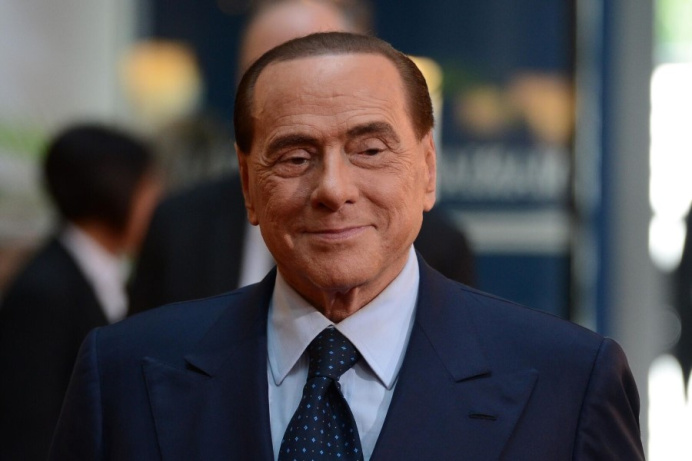Silvio Berlusconi, the charismatic Italian billionaire and media mogul, who served as the Prime Minister of Italy for three non-consecutive terms, passed away on Monday at the age of 86. Despite facing numerous scandals and allegations of corruption throughout his political career, Berlusconi left an indelible mark on Italian politics and media. His death has left the nation reflecting on the legacy of this influential figure.
Table of Contents
- Introduction
- Early Life and Business Ventures
- Entry into Politics
- First Term as Prime Minister (1994-1995)
- Opposition and Second Term (2001-2006)
- The Return to Power (2008-2011)
- Scandals and Controversies
- Personal Life and Health Struggles
- Berlusconi’s Impact on Italian Politics
- Conclusion
- FAQs
Introduction
Silvio Berlusconi was a prominent figure in Italian politics, known for his larger-than-life personality, flamboyant lifestyle, and dominance over the Italian media landscape. Despite facing legal challenges and political setbacks, he remained a powerful and polarizing figure throughout his career.
Early Life and Business Ventures
Silvio Berlusconi was born on September 29, 1936, in Milan, Italy. He started his professional journey in the media industry, establishing his first company, Edilnord, in the late 1960s. Berlusconi quickly expanded his business empire, venturing into television, publishing, and advertising. His media holdings would later become the cornerstone of his political influence.
Entry into Politics
In 1994, Berlusconi entered the political arena with the formation of the Forza Italia party. Riding on his media popularity and promises of economic reforms, he achieved a remarkable victory, becoming the Prime Minister of Italy. His first term, however, was short-lived due to a series of political crises and internal conflicts within the coalition government.
First Term as Prime Minister (1994-1995)
During his first term, Berlusconi attempted to implement his ambitious reform agenda, focusing on liberalizing the Italian economy and combating corruption. Despite facing significant opposition and criticism, he managed to introduce several reforms, but his government eventually collapsed due to conflicts with coalition partners.
Opposition and Second Term (2001-2006)
After his initial stint as Prime Minister, Berlusconi remained active in Italian politics, leading the opposition against the center-left government. In 2001, he once again became the Prime Minister, emphasizing economic revitalization and tax reforms. His government faced challenges, including sluggish economic growth and allegations of conflict of interest due to his media holdings.
The Return to Power (2008-2011)
Berlusconi’s political career witnessed a resurgence when he won the general elections in 2008, becoming the Prime Minister for the third time. His government faced numerous challenges, including the global financial crisis and a mounting public debt. Berlusconi’s leadership style and personal scandals often overshadowed his policy initiatives, leading to widespread criticism.

Scandals and Controversies
Throughout his political career, Berlusconi faced a string of scandals and legal battles. Allegations ranged from bribery and tax fraud to accusations of illicit relationships with underage women. These controversies tarnished his reputation both domestically and internationally and led to frequent clashes with the judiciary.









